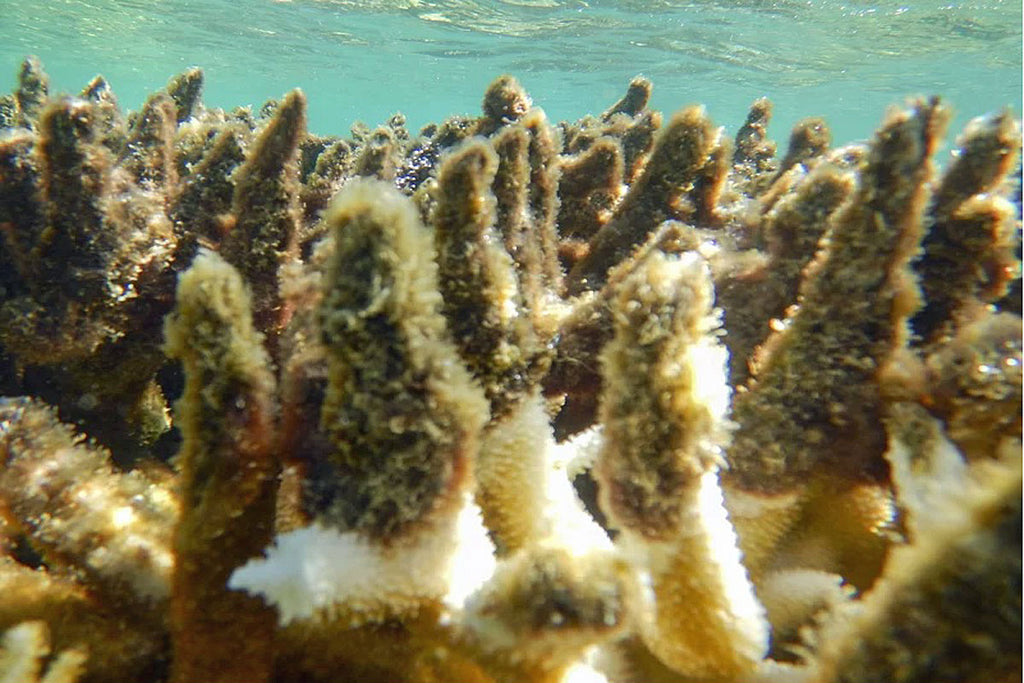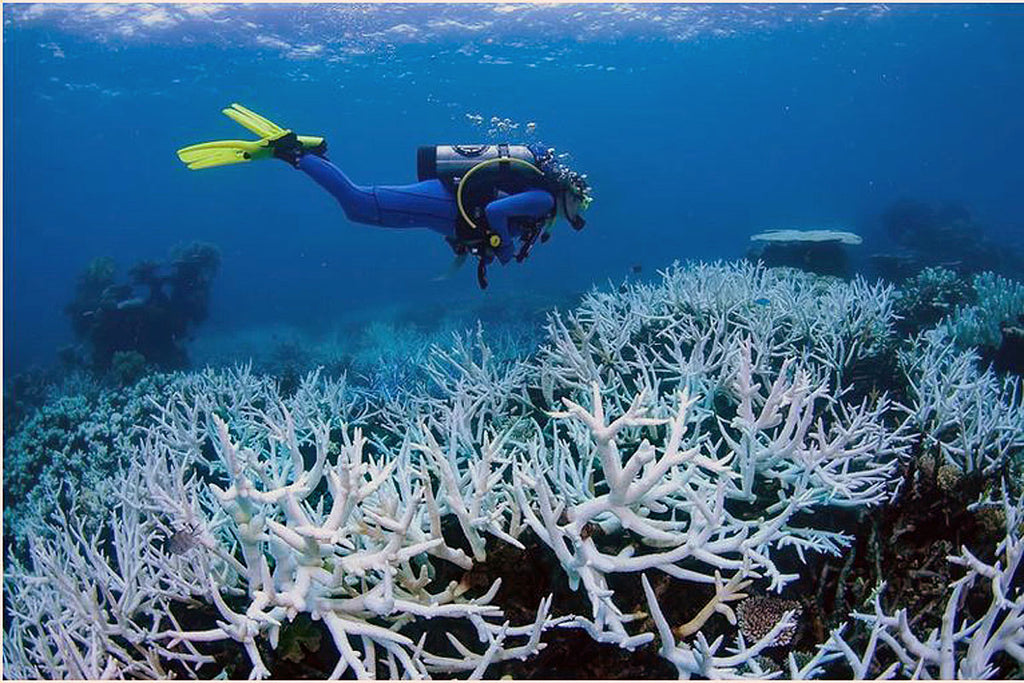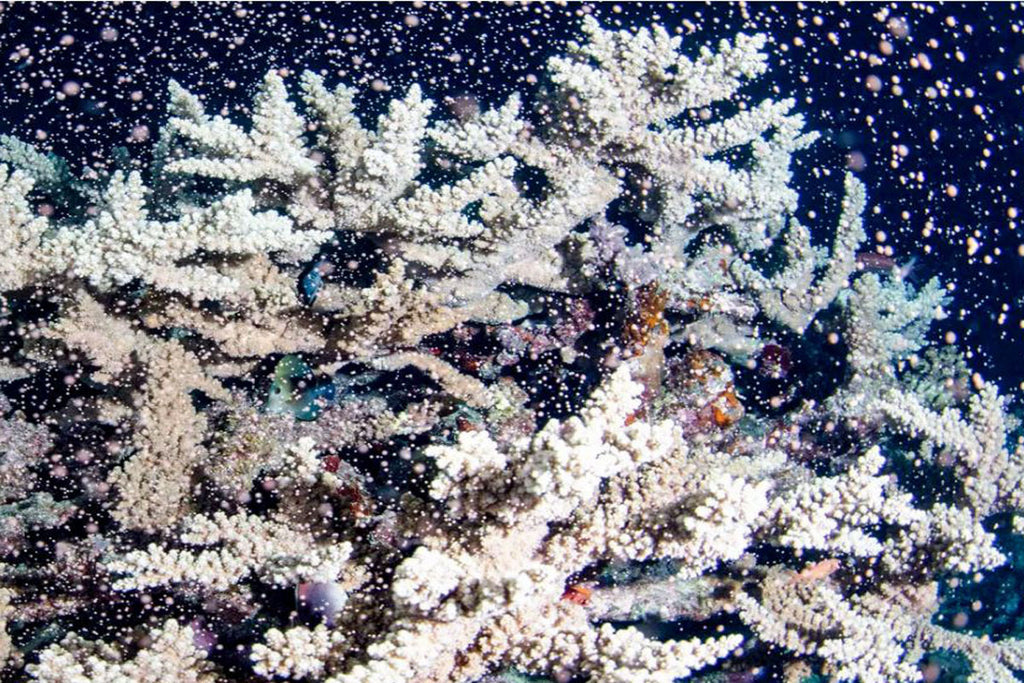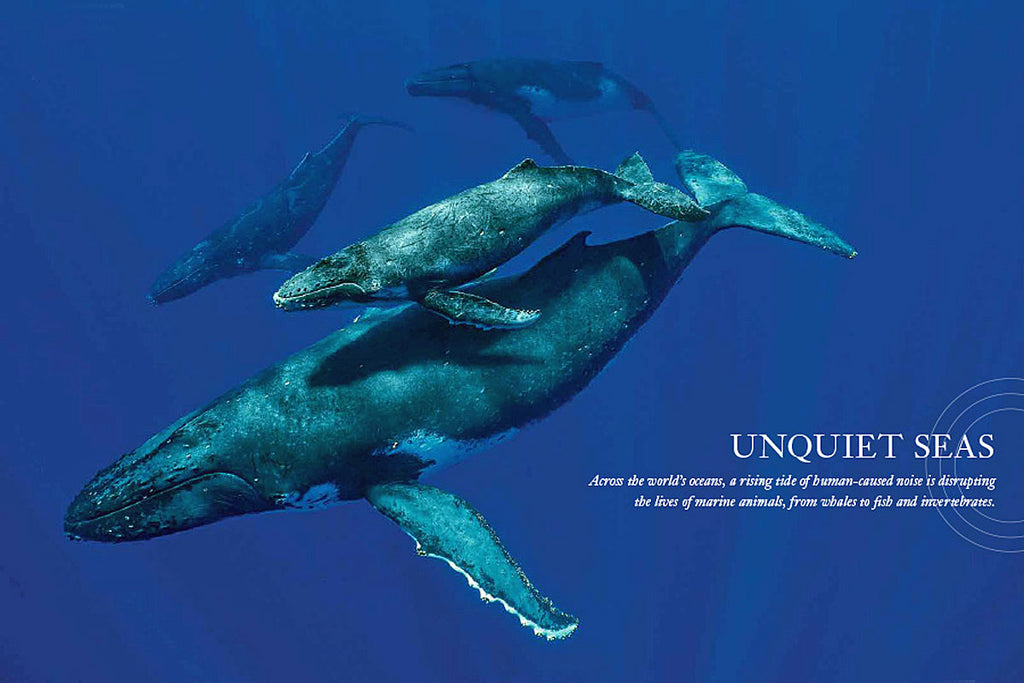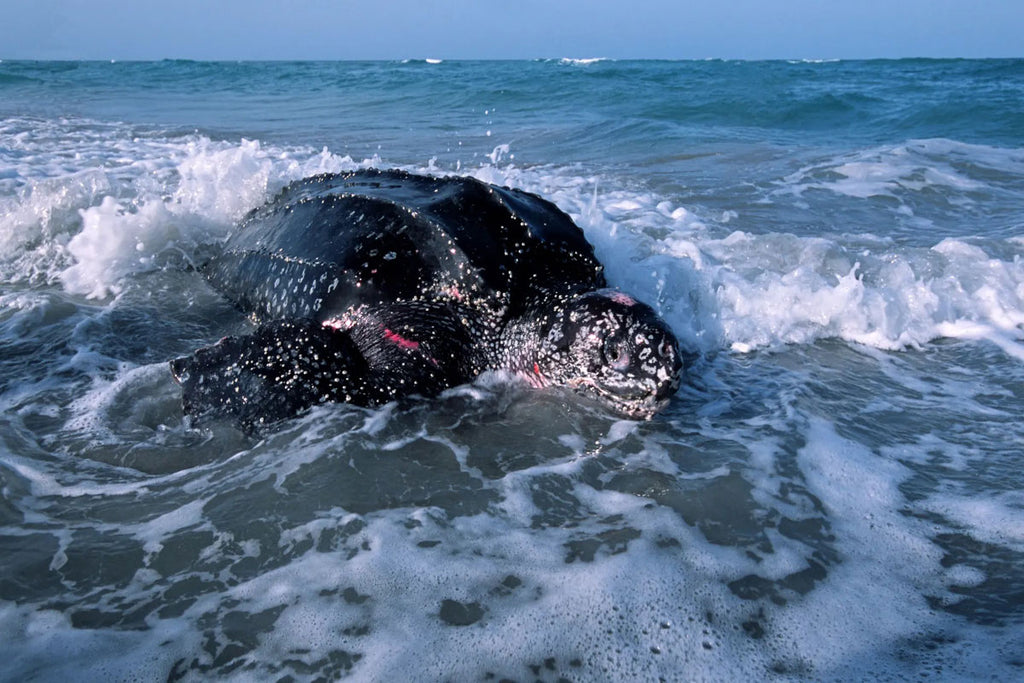Florida: endangered sea turtles thriving thanks to Covid-19 restrictions
- News
- 01 May, 2020
Researchers are seeing an increase in nests as restrictions keep humans and harmful waste off beaches.
Marine life researchers in Florida say that coronavirus restrictions keeping humans and harmful waste off beaches are having a beneficial effect on the numbers of endangered leatherback sea turtles in the state. With the summer nesting season barely two weeks old, staff from the Loggerhead MarineLife Center in Juno Beach have already found and marked 76 nests of the world’s largest species of sea turtle on the nine and half mile stretch they monitor, a “significant” increase from the same stage last year.
The elevated numbers are raising hopes of a bumper nesting season for leatherbacks, and vulnerable loggerhead turtles that begin to arrive to lay eggs before the end of May. “We’re excited to see our turtles thrive in this environment,” Sarah Hirsch, the center’s senior manager of research and data, told West Palm Beach news channel 12. “Our world has changed, but these turtles have been doing this for millions of years and it’s just reassuring and gives us hope that the world is still going on.”
According to David Godfrey, the executive director of the Sea Turtle Conservancy, the coronavirus lockdown is advantageous to turtles in several ways. “The chances that turtles are going to be inadvertently struck and killed will be lower,” he said in an email to the station. “All of the reduced human presence on the beach also means that there will be less garbage and other plastics entering the marine environment. “Ingestion and entanglement in plastic and marine debris also are leading causes of injury to sea turtles.”
The Florida fish and wildlife conservation commission (FWC) recorded almost 400,000 sea turtle nests along 845 miles of the state’s coastline during the 2019 nesting season, which ended on 31 October. Only about one in every 1,000 hatchlings survives, MarineLife center research shows, with fatalities higher on popular tourist beaches where the chance of nest disruption is higher.
“We expect that thousands of hatchlings that ordinarily would be disoriented by lights this nesting season will not be and are more likely to survive to reach the sea,” Godfrey said.
Though Florida’s governor, Ron DeSantis, has reopened some of the state’s beaches in recent days despite increasing numbers of coronavirus cases, the state’s stay-at-home restrictions in other areas are benefiting other marine species as well as turtles, the FWC says. Preliminary data for the year so far indicates that manatee mortalities caused by watercraft strikes are down 9% on the previous year’s average.

